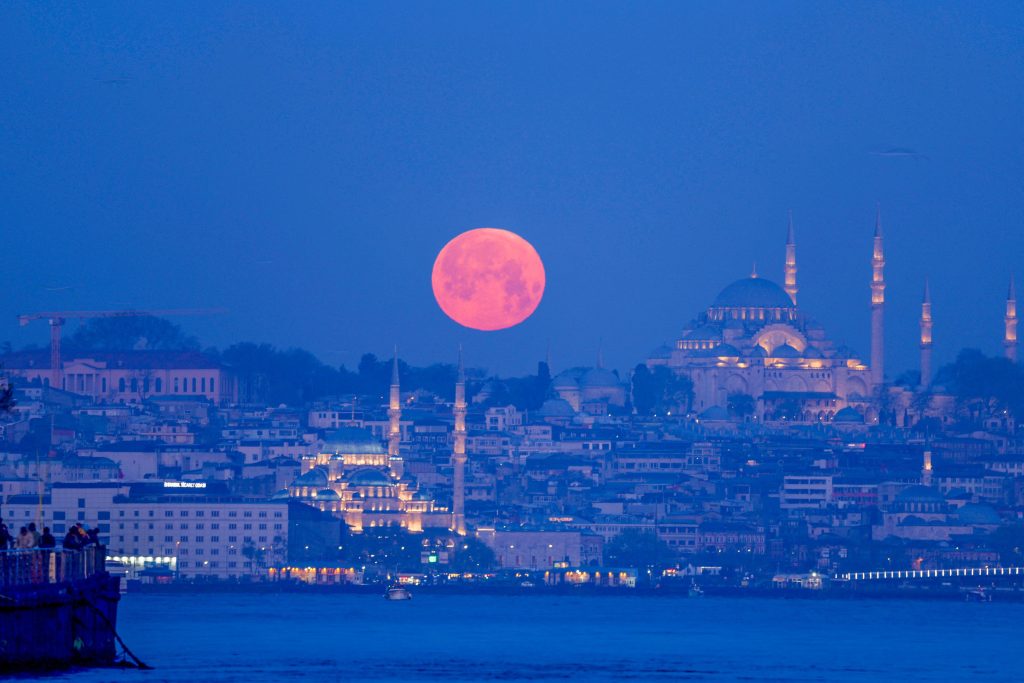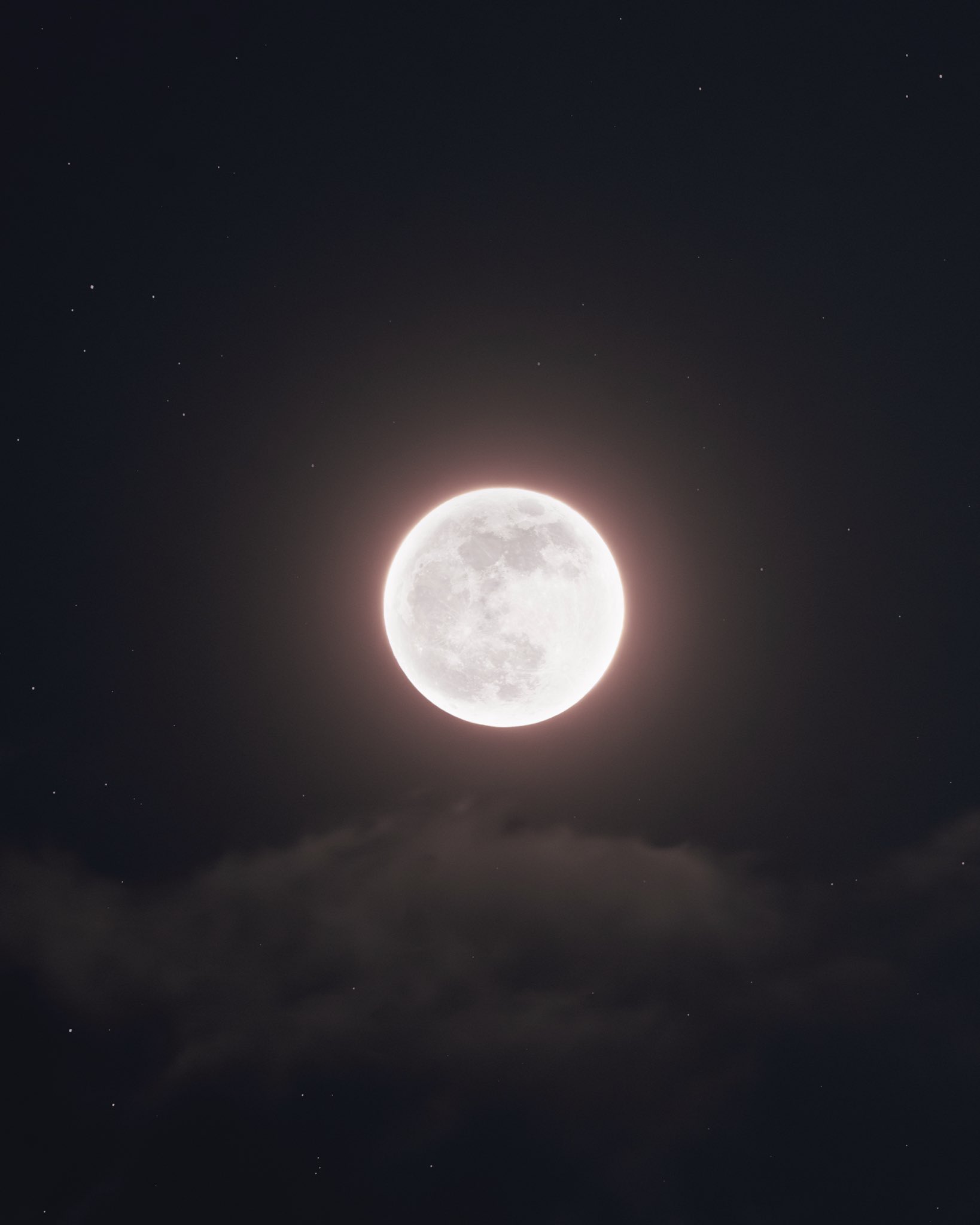April’s full moon lit up the sky between Saturday evening and early Sunday morning in many parts of the world, casting a pink glow in some cases. Known as both the “Easter Moon” and the “Pink Moon,” images of the full moon can be seen across social media on Sunday, illuminating some of the world’s most well-known landmarks and cities.
A Pink Moon in full bloom 🌸
The Moon will appear full this weekend, with its peak on Saturday evening. April’s “Pink Moon” is named after the herb moss pink, one of the earliest widespread flowers of spring. pic.twitter.com/1WFz3De8A3
— NASA (@NASA) April 12, 2025
Why is it called the Pink Moon?
The name comes from Native American tradition. It was named “Pink Moon” because it coincided with the blooming of Phlox Subulata—commonly known as moss pink—a flower that blossoms each spring and signals the seasonal transition.
April 2025’s Full Pink 🌕 setting behind Stonehenge this morning 😍🌸 Photo credit Nick Bull 🙏#moon #fullmoon #stonehenge #pinkmoon #FullPinkMoon #astrophotography #astrophoto #pachalmoon pic.twitter.com/AFARlw7NCh
— Stonehenge U.K (@ST0NEHENGE) April 12, 2025
Despite the name, the moon’s color is not bright pink, although it ocassionally appears slightly more luminous than usual. In some cases, it might seem to have a faint pink hue for a few moments, but that effect is due to the reflection of sunlight.
This full moon also goes by other traditional names, such as “Breaking Ice Moon,” “Frog Moon,” and “Moon When the Red Grass Appears,” all of which reflect the changing season and nature coming back to life.

Full moon is seen over Istanbul, Turkey, April 13, 2025. REUTERS/Dilara Senkaya TPX IMAGES OF THE DAY
Additionally, the April full moon is sometimes called the “Egg Moon,” “Sprouting Grass Moon,” or “Fish Moon.”
It’s worth noting that when the April full moon occurs before the spring equinox, it’s called the “Lenten Moon.” When it falls after the equinox, as it does this year, it is known as the “Easter Moon.”




